The HTML document is downloaded first, or at least it starts to download first. While it is parsed, any script includes that the browser finds are downloaded. That means that some scripts may finish loading before the document is completely loaded.
While the document is being downloaded, the browser parses it and displays as much as it can. When the parsing comes to a script include, the parsing stops and the browser will suspend it until the script has been loaded and executed, then the parsing continues. That means that
If you put a call to getScript instead of a script include, the behaviour will change. The method makes an asynchronous request, so the browser will continue parsing the rest of the page while the script loads.
This has some important effects:
- The parsing of the page will be completed earlier.
- Scripts will no longer run in a specific order, they run in the order that the loading completes.
- If one script is depending on another, you have to check yourself that the first script has actually loaded before using it in the other script.
You can use a combination of script includes and getScript calls to get the best effect. You can use regular scripts includes for scripts that other scripts depend on, and getScript for scripts that are not affected by the effects of that method.
